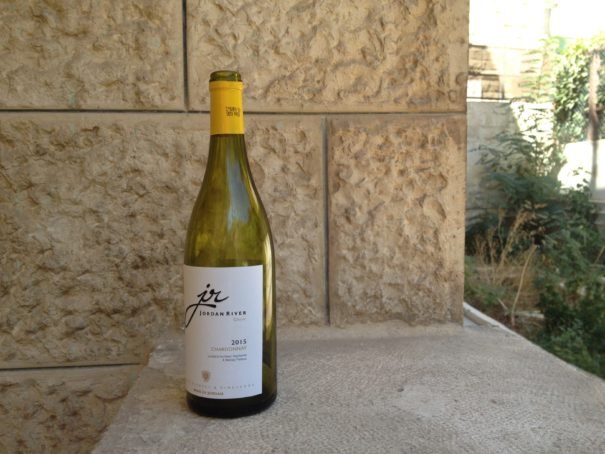
Relearning the Art of Procuring Alcohol Legally

Relearning the Art of Procuring Alcohol Legally
Wine in Jordan
It’s a simple task: Buy an inexpensive bottle of white wine to use in a risotto. But as a recent transplant from Pakistan—where prohibition is in its fourth, wretched decade—to Jordan, I’m not even sure how to buy wine. While most of my friends abroad can confidently rattle off their favorite wines from a menu, I rely on the drink choices I’ve memorized or whatever suggestion I can elicit from a bartender.
The art of delicately sipping wine has escaped me entirely. What I do know is the art of surreptitiously buying—and hiding—alcohol in Karachi: bargaining with bootleggers who conceal bottles in schoolbags and under their shirts to evade the cops, or shiftily standing on the pavement outside a dimly lit liquor store as the store’s runner/guard/longtime employee ferries bottles of licensed Murree beer from a barred storefront window that resembles a prison cell. The rapidly warming bottles arrive swathed in layers of brown paper bags and plastic bags, which I instantly transfer to an even larger bag I’ve brought along for the expedition, and thrust a pile of notes at the runner for having spared me the five-step walk to the window, a lecture from the city’s self-styled moral police, or arrest.
And so I walk into the liquor store near my house in Amman, large tote bag at the ready, passport safely tucked in my handbag in case I have to show ID. There’s a teenage kid sitting behind the counter, as if he’s been left to mind the shop. I look around as I enter the store, wondering if I am completely conspicuous, or if being a single woman in a liquor store marks me out as a foreigner.
It’s just a bottle of wine, I remind myself. But as I confront a series of labels and price tags, I am overwhelmed with the sheer amount of choice. Do I want sweet wine? Is local wine a better proposition? Why is red wine so much cheaper? Should I spend nearly $20 on wine?
But I’m hesitant to ask these questions. I speak classical Arabic; the colloquial Arabic I knew eight years ago when I last lived in Jordan is only slowly resurfacing.
“Hal ai nabeed abyad arkhas min hadha?” The kid finally looks up. I realize my request sounds entirely ridiculous, like speaking Shakespearian English in a McDonald’s. What I’ve just said in Arabic translates to “Hath you any white wine that costs less than this?”
He strolls over, probably to take another look at the 31-year-old woman who can’t seem to choose a simple bottle. “White wine?” he says in English, lazily looking over the labels. “Red wine, 10 JD.”
I shake my head and point to a bottle of white wine made in Jordan. “There’s no price tag.”
“Fourteen,” he decides, somewhat arbitrarily.
I hand over the money. I am about to take the bottle and put it away in my bag when he reaches under the counter. Out comes the familiar sight of a brown paper bag, followed by a plastic bag. I could be back in Karachi again, making small talk with the runner about the local television reporter on a crusade against alcohol sales in Pakistan, nervously keeping a lookout for acquaintances who might be shopping on the street. Instead, this teenager is wrapping up my purchase. As I walk back home, I realize the top of the bottle is peeking out and I transfer it to my tote, hoping no one is looking. For the first time in years, I realize, no one is.
The wine, in the risotto, and in the glasses I savor over the next few days, is delicious. Now all I need to do is learn how to order wine without sounding like I emerged from the 16th century.